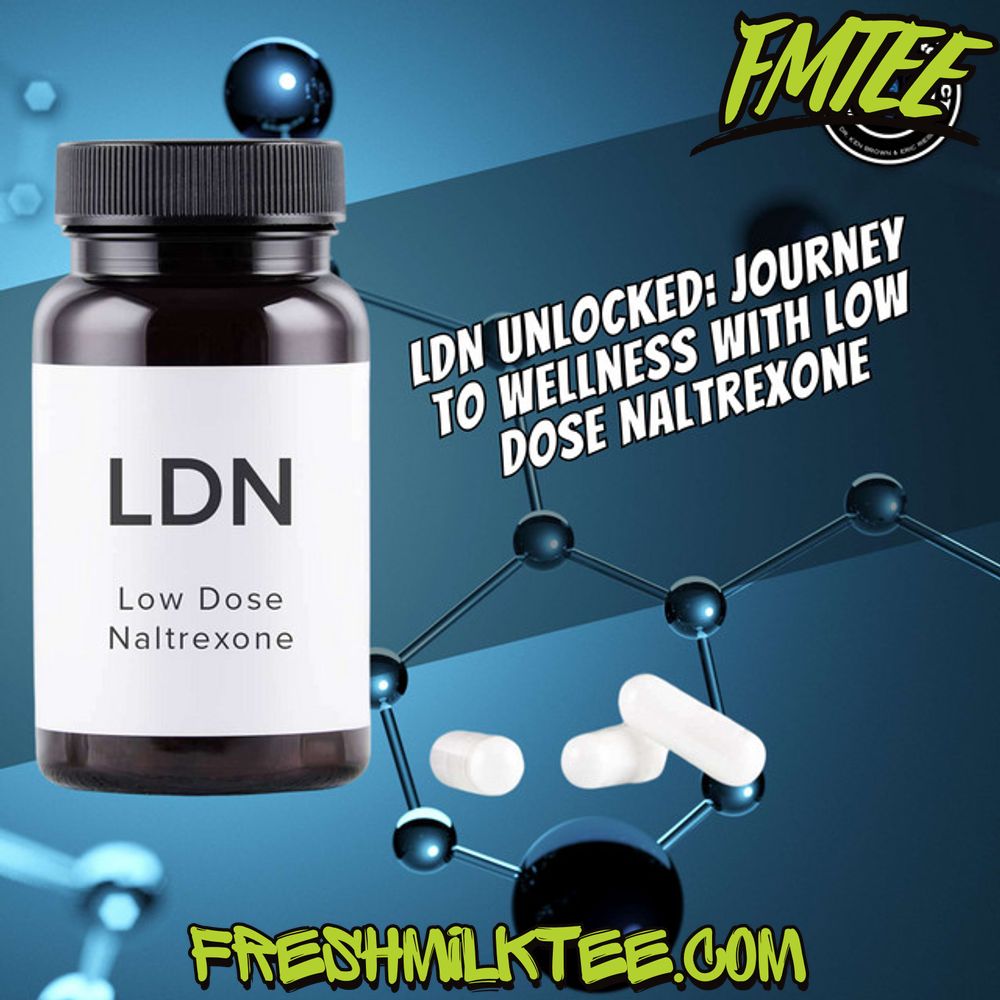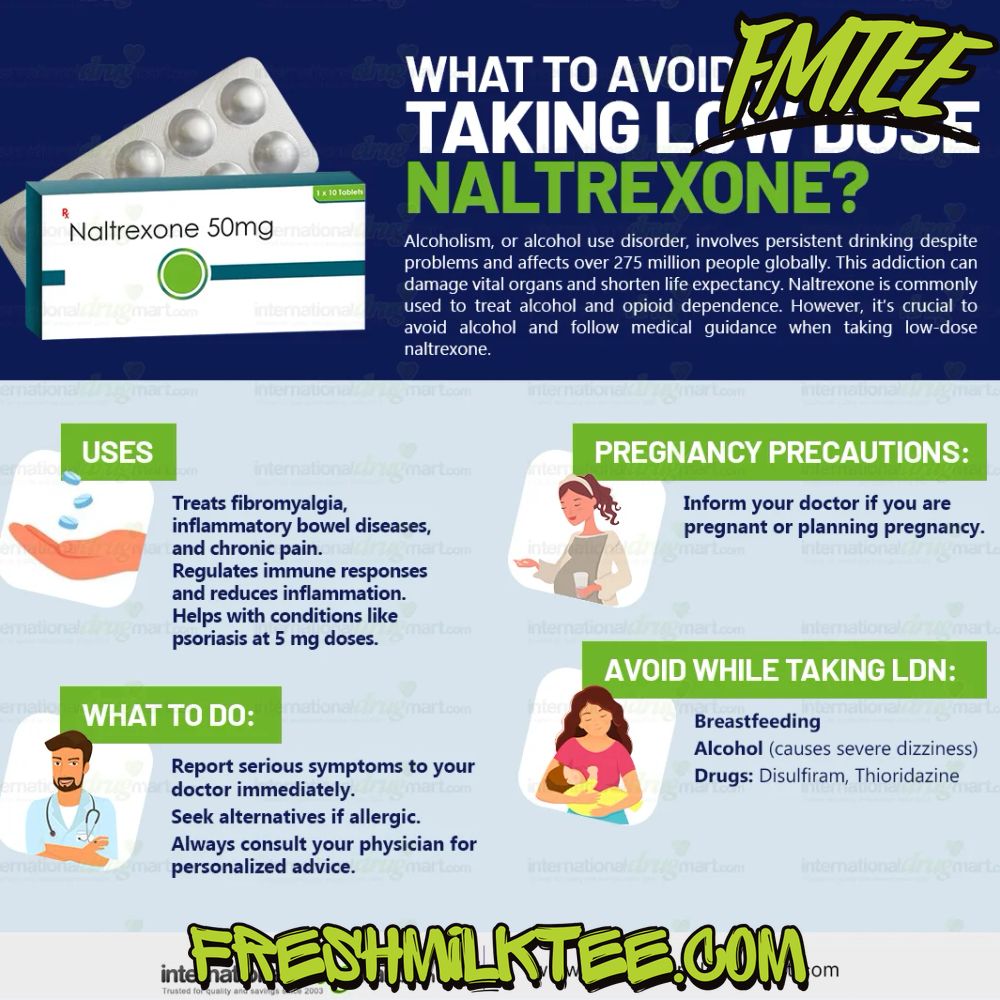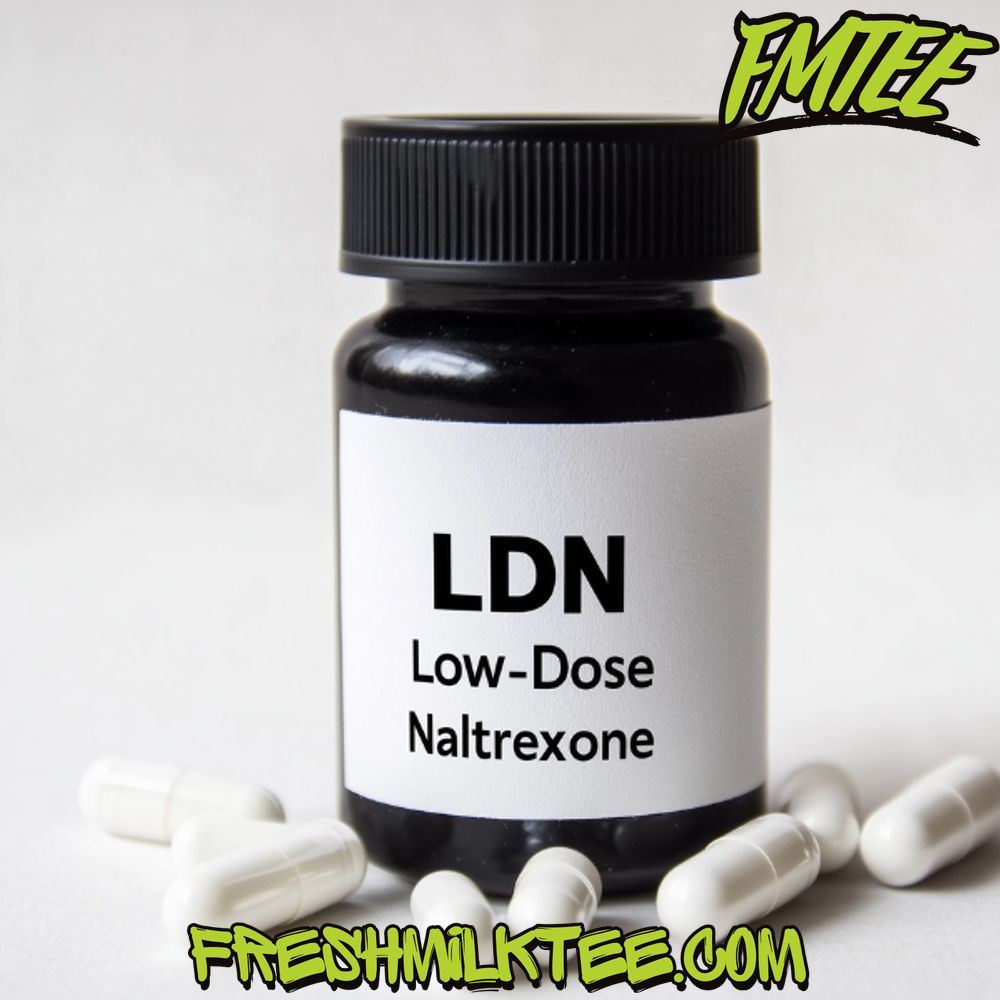Blog
What to Avoid When Taking Low Dose Naltrexone?
What to Avoid When Taking Low Dose Naltrexone (LDN)
Low Dose Naltrexone (LDN) has gained increasing popularity in the medical community due to its potential benefits in treating various autoimmune conditions, pain management, and inflammation. However, as with any medication, it’s crucial to understand the potential risks and what to avoid when taking low dose naltrexone to ensure its effectiveness and your safety.
In this article, we’ll explore what to avoid when taking low dose naltrexone, naltrexone drug interactions, side effects, and other essential factors such as diet considerations, supplements, and alcohol consumption. Whether you are currently on LDN therapy or considering it, this guide provides a comprehensive overview to help you make informed decisions.
Understanding Low Dose Naltrexone (LDN)
Low Dose Naltrexone (LDN) is a medication primarily used at lower doses (typically around 1-5 mg per day) to manage autoimmune conditions, chronic pain, and inflammation. Unlike its higher-dose counterpart, which is used for opioid addiction treatment, LDN is believed to work by modulating the body’s immune system and decreasing inflammation.
LDN has been shown to offer benefits for conditions like multiple sclerosis, fibromyalgia, Crohn’s disease, and rheumatoid arthritis, among others. However, for LDN to be effective, it is crucial to follow proper guidelines and avoid certain factors that may interfere with its action.
Low Dose Naltrexone Side Effects
Although LDN is generally well-tolerated, there are some common side effects associated with its use. These can include:
- Headaches
- Fatigue
- Digestive issues (e.g., nausea, bloating)
- Sleep disturbances (e.g., vivid dreams or insomnia)
In rare cases, some users may experience more serious side effects, such as:
- Liver damage (elevated liver enzymes)
- Mood swings or depression
- Skin rashes
If you experience any severe side effects, it’s essential to contact your healthcare provider immediately. Understanding these potential side effects will help you monitor your health and seek guidance if needed.
Naltrexone Drug Interactions and Contraindications
When starting LDN, it’s important to be aware of any naltrexone drug interactions and contraindications that may interfere with the effectiveness of the treatment or cause adverse reactions.
Naltrexone and Opioid Use
One of the most critical considerations when taking LDN is avoiding opioids with LDN. Since naltrexone is an opioid antagonist, it blocks the effects of opioids in the body. If you are using opioid-based medications, such as morphine or oxycodone, taking LDN can cause withdrawal symptoms. Therefore, low dose naltrexone and opioid use should never be combined.
Naltrexone and Liver Function
Another important interaction is with the liver function. Naltrexone can impact liver enzymes, so individuals with liver conditions should take extra caution and consult with their healthcare provider before starting treatment with LDN. Regular liver function tests may be recommended.
Naltrexone and Caffeine
Another area of concern is the combination of naltrexone and caffeine. Both substances can affect the central nervous system, and excessive use of caffeine while on LDN could lead to heightened anxiety or nervousness. It’s advisable to monitor your caffeine intake while using LDN.

Foods and Supplements to Avoid with Naltrexone
Certain foods to avoid with naltrexone can enhance or hinder the effects of the medication. Additionally, some supplements may interfere with LDN therapy.
Low Dose Naltrexone and Alcohol
Consuming alcohol with low dose naltrexone is discouraged. Alcohol can stress the liver and interfere with the metabolism of medications, including LDN. It is important to limit alcohol consumption or avoid it altogether while on LDN therapy to minimize risks to your liver function and overall health.
Supplements to Avoid When Taking Low Dose Naltrexone
Some supplements can interact with LDN and either reduce its effectiveness or exacerbate side effects. For instance, immune-boosting supplements or high-dose antioxidants may interfere with the way LDN works in the body. Always consult your healthcare provider before starting any new supplements during your LDN therapy.
Low Dose Naltrexone and Immune Response
One of the unique benefits of low dose naltrexone is its ability to modulate the immune response. LDN is particularly useful for people with autoimmune conditions like multiple sclerosis and rheumatoid arthritis, as it helps to regulate immune system activity.
However, this effect means that low dose naltrexone immune suppression is possible, especially if the dosage is not properly managed. It’s essential to be monitored by a healthcare provider during your treatment, particularly if you have any underlying conditions that affect the immune system.
LDN and Autoimmune Conditions
Low dose naltrexone has shown promise in managing autoimmune conditions by balancing the immune system. It works by briefly blocking opioid receptors in the body, which leads to a temporary increase in endorphin production. This boost in endorphins may help reduce inflammation and improve symptoms of autoimmune diseases.
However, people with autoimmune conditions must be cautious about LDN and inflammation management, as its effects can vary. It’s essential to follow medical guidance when using LDN for autoimmune diseases.
Low Dose Naltrexone and Thyroid Interaction
Naltrexone thyroid interaction is another consideration for individuals with thyroid disorders. There is some evidence suggesting that LDN may have an effect on thyroid function, and people with thyroid conditions such as hypothyroidism may experience changes in their medication needs while on LDN.
If you have thyroid issues, it’s important to monitor your thyroid levels and consult with your healthcare provider to ensure your LDN dosage is appropriate.

Low Dose Naltrexone and Sleep: How LDN Affects Your Rest
While many individuals report improved sleep after starting LDN, others may experience sleep disturbances such as vivid dreams or insomnia, especially when first starting the medication. If you’re struggling with sleep while on LDN, adjusting your dosage timing might help. Some people find that taking their LDN dose in the evening minimizes sleep issues.
Low Dose Naltrexone Safety Precautions and Guidelines
Taking naltrexone safety precautions seriously is essential for ensuring that your treatment is both effective and safe. Some basic guidelines include:
- Monitor your liver function regularly.
- Avoid alcohol during treatment.
- Be cautious with supplements and dietary changes.
- Consult your healthcare provider regularly for dose adjustments.
Managing Side Effects and Precautions for LDN Users
While many people experience few or no side effects on LDN, others may encounter problems like fatigue, nausea, or skin rashes. It’s important to be aware of LDN medication timing and dose adjustment to minimize these issues. Gradually increasing the dosage under the supervision of your healthcare provider can help your body adjust more comfortably to the medication.
Conclusion: Best Practices for Taking Low Dose Naltrexone Safely
To summarize, low dose naltrexone is a powerful and effective treatment for various conditions when used correctly. However, to optimize its benefits and minimize risks, it’s important to avoid drug interactions, follow diet considerations, and be aware of potential side effects. Always consult with your healthcare provider for personalized guidance, especially if you have pre-existing conditions.
Frequently Asked Questions (FAQs)
1. Can I take low dose naltrexone with alcohol?
It is not recommended to drink alcohol while taking LDN due to potential liver stress and the risk of reducing the medication’s effectiveness.
2. What are the common side effects of low dose naltrexone?
Common side effects include headaches, fatigue, digestive issues, and sleep disturbances.
3. Can I take caffeine while on LDN?
It is generally safe in moderation, but excessive caffeine may exacerbate anxiety or sleep disturbances.
4. What supplements should I avoid while taking low dose naltrexone?
Avoid supplements that boost immune function or high doses of antioxidants unless approved by your healthcare provider, as they may interfere with LDN’s action.
5. Is it safe to take LDN if I have a thyroid condition?
If you have a thyroid condition, it’s important to monitor your thyroid levels regularly, as LDN may affect thyroid function in some people.

